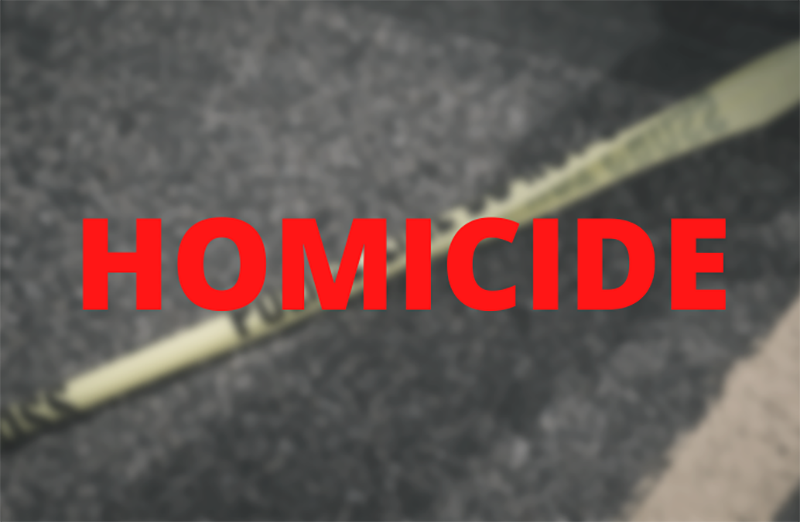
Thank you for reading D.C. Witness. Help us continue our mission into 2024.
Donate NowBy
Ayda Atici [former]
- January 19, 2024
Daily Stories
|
Homicides
|
Shooting
|
Suspects
|
On Jan. 18, a defense attorney in a homicide trial before DC Superior Court Judge Marisa Demeo asked an expert witness about his $35,000 consulting fee earned for testifying on behalf of the prosecution.
Vorreze Thomas, 25, and his uncle Delonta Stevenson, 28, are charged with conspiracy, first-degree murder while armed, and two counts of assault with intent to kill, among other charges, for their alleged involvement in the fatal shooting of 32-year-old Terrance Allen. The incident occurred on Jan. 18, 2021, on the 3000 block of Stanton Road, SE, and left two other individuals suffering from gunshot wounds.
All three victims were found inside a vehicle at the scene.
The prosecution called a firearms expert to testify regarding four guns that were collected from the crime scene.
He explained how he examines “random characteristics” that show damage to a fired bullet, such as grooves and scratches, to determine whether the marks are associated with a particular gun. He claimed that the guns found at the crime scene closely matched the bullet evidence collected during the investigation.
During cross-examination, Stevenson’s defense attorney, Elizabeth Weller asked whether there was a precise scientific standard the expert used when determining if a gun and bullet are a match, or if the process was subjective.
He responded there was not a completely scientific process in that it had to do with his subjective examination by looking closely at ballistic evidence and making comparisons.
Weller then stated that in many courts, expert witness testimony like this would “not be allowed” as inconclusive.
Weller then asked the witness if he profited financially from testifying for the prosecution, to which he responded he made $35,000 working on this case.
In a redirect by the prosecution, the witness clarified that he was being paid for his knowledge and expertise in reviewing the guns and ballistic evidence from the crime scene, not to influence his testimony.
He also stated that he was not instructed by the prosecution to testify one way or another, and was not given any information about the case before his investigation.
The prosecution then called a Department of Forensic Sciences (DFS) crime scene investigator who presented pictures she took of a vehicle allegedly used by the defendants, and pictures of guns, bullet fragments, and cartridges she had recovered. The prosecution handed her one of the guns from the crime scene to identify and hold up for the jurors to see, followed by a case of cartridges.
Lastly, the prosecution called up another DFS crime scene investigator. She stated that she had swabbed the cheeks of both defendants for DNA testing. During a cross examination, Weller questioned the witness regarding instances in the past where she had been reprimanded by her supervisors for mishandling or contaminating evidence.
Due to time constraints, the witness was unable to finish her testimony.
Parties are slated to return Jan. 22.
Follow this case